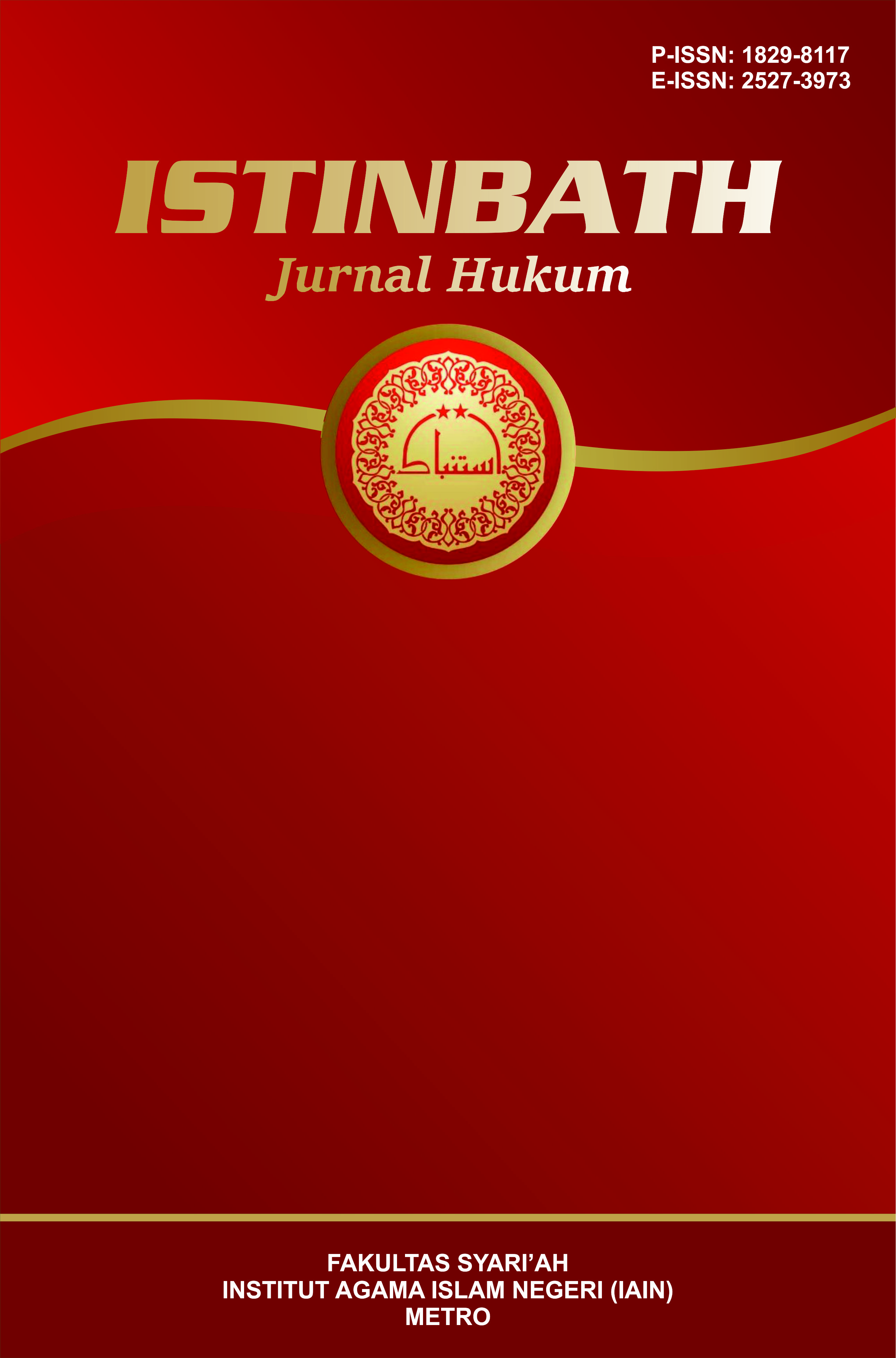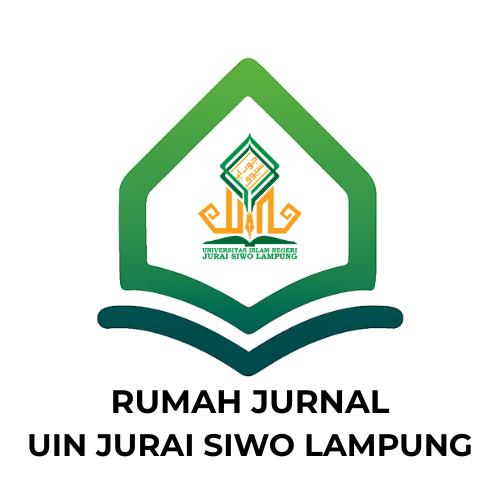Hak Judicial Review Warga Negara Asing Dalam Sistem Hukum Indonesia
DOI:
https://doi.org/10.32332/istinbath.v19i02.4841Keywords:
Foreign Citizen, Legal Standing, Judicial ReviewAbstract
One of the rights of every person who is universal is equal recognition and treatment before the law, not least for Foreign Nationals (WNA). Therefore, the protection of the existence of WNA within the legal umbrella of a country is a principle to be implemented; Considering that WNA has a legal interest in the country. Nevertheless, there is a probe into the legal rights of the WNA; One of them is the legal position of WNA to conduct judicial review to defend its legal interests. This type of research is legal research. This legal research uses a statutory and conceptual approach. The legal materials used in this legal research are primary legal materials and secondary legal materials; where the two materials are inventoried to obtain an elaborative and prescriptive juridical study. The purpose of this legal research is to describe the basic principles regarding the relationship between legal standing and judicial review; as well as describe the constitutional perspective on the possibility of granting legal capacity to foreign nationals to be able to conduct judicial reviews in Indonesia. The results of the study indicate that the relationship between legal position and judicial review has a very strong relationship. Therefore, legal position is the basis of legal subjects to carry out legal actions as in a judicial review. Thus, if a statutory regulation is deemed detrimental to the rights of everyone including foreigners, the foreigner has the right to conduct a judicial review of the statutory regulations. Then, the spirit and provisions of the Indonesian constitution actually provide the possibility for foreigners to conduct a judicial review. Thus, it is necessary to make improvements to the Law relating to the Constitutional Court regarding the legitimacy of foreigners to have a legal standing to conduct a judicial review













